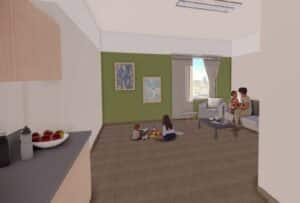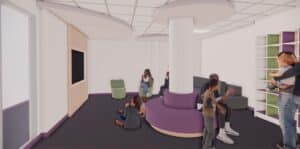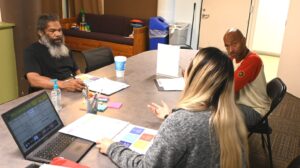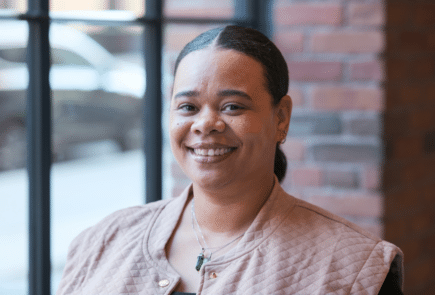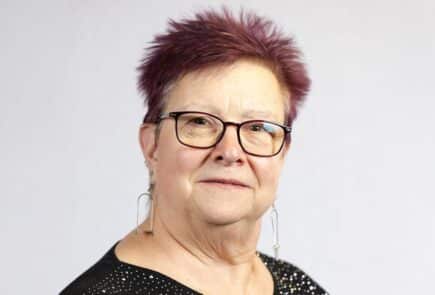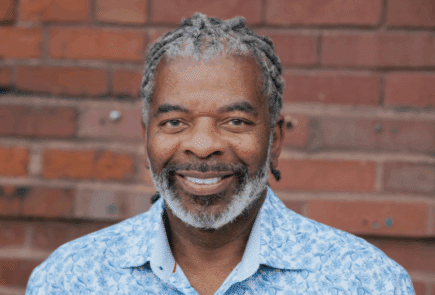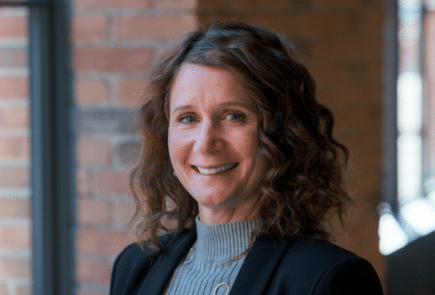Funding for critical shelter renovations
Our Downtown Shelter was originally constructed as a snowplow storage facility. When we converted it to a shelter in 2002, we did not anticipate the demand for shelter and did not yet know about trauma-informed design and its impact on the well-being of our families and staff. As a result, our Downtown Shelter lacks fundamental attributes that support our work and provide safe, welcoming, and healing spaces for the parents and children we serve.

Pursuing state funding for life-giving and life-saving facilities renewal
The total cost of this project is $11.5 million. People Serving People can invest $6.75 million and is asking the State of Minnesota for $4.75 million in funding, as part of our first-ever request for state funding in our history.
Why is the project necessary?
Trauma-informed design focuses on creating spaces that reduce stress and promote healing. While such spaces are essential for all of us, parents and children experiencing homelessness need healthy and supportive spaces most of all. Examples of how our spaces are inhospitable for our families:
- Our hallways are stark and institutional
- There is no outdoor space for families to gather
- There is no space where families can prepare and enjoy food and meals together
- The floors are old, rough, and unfriendly to infants, toddlers, and preschoolers
- There are insufficient indoor gathering spaces, forcing families to isolate in their rooms.
